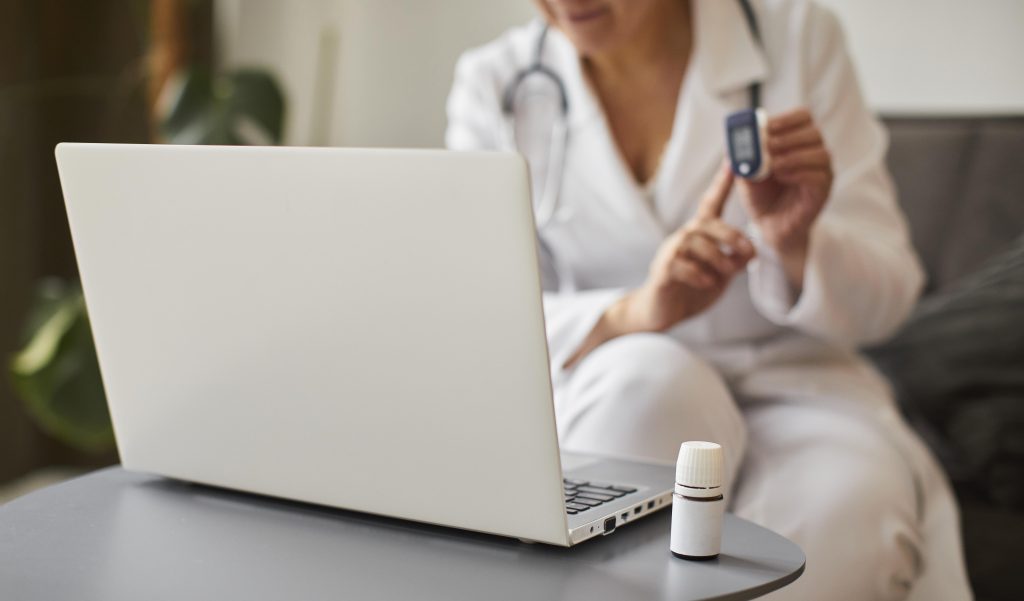Fatty Liver
Table of content
Fatty Liver – What You Need to Know
In today’s modern lifestyle, fatty liver is becoming an increasingly common condition—not just among people who consume alcohol. More and more individuals, including young people, are facing non-alcoholic fatty liver disease (NAFLD), often without symptoms until complications arise.
What Is Fatty Liver?
Steatosis occurs when fat accumulates in the liver cells, exceeding 5% of the organ’s total weight. There are two main types:
- Non-alcoholic fatty liver disease (NAFLD) – the most common form among people who do not consume alcohol but have other risk factors.
- Alcoholic steatosis – related to excessive alcohol consumption.
This condition often goes unnoticed because it typically does not cause pain or clear symptoms in its early stages.
What Causes It?
Fatty liver is most commonly caused by a combination of the following factors:
- An unhealthy diet high in sugar, saturated, and trans fats
- Lack of physical activity
- Excess body weight or obesity
- Type 2 diabetes and insulin resistance
- Excessive alcohol consumption
What Are the Possible Consequences?
If not diagnosed and managed early, steatosis can progress into more serious conditions:
- Liver inflammation (steatohepatitis)
- Cirrhosis – irreversible liver tissue damage
- Increased risk of heart disease and metabolic syndrome
How to Protect Your Liver
Prevention and lifestyle changes play a key role. Here are some scientifically proven recommendations:
- Reduce intake of processed foods, sugars, and unhealthy fats
- Eat more fresh fruits, vegetables, and whole grains
- Maintain a healthy body weight
- Stay physically active for at least 30 minutes a day
- Limit or avoid alcohol consumption
When Should You See a Doctor?
Even without symptoms, fatty liver can be diagnosed through lab tests and ultrasound. However, if you experience:
- Fatigue
- Pain or pressure in the upper right part of the abdomen
- Bloating
- Elevated liver enzyme levels
Then it’s important to consult with:
A gastroenterologist – for diagnosis, monitoring, and a treatment plan
A nutritionist – for a personalized dietary approach
e-medicine.mk – Your Digital Health Partner
Soon, through our online platform e-medicine.mk, you’ll be able to schedule:
Consultations with a gastroenterologist
A dietary plan with a nutritionist
Monitoring of lab tests and results from the comfort of your home
Follow us for more tips on prevention, nutrition, and digital care for your health.
Take control of your health—starting with your liver.


